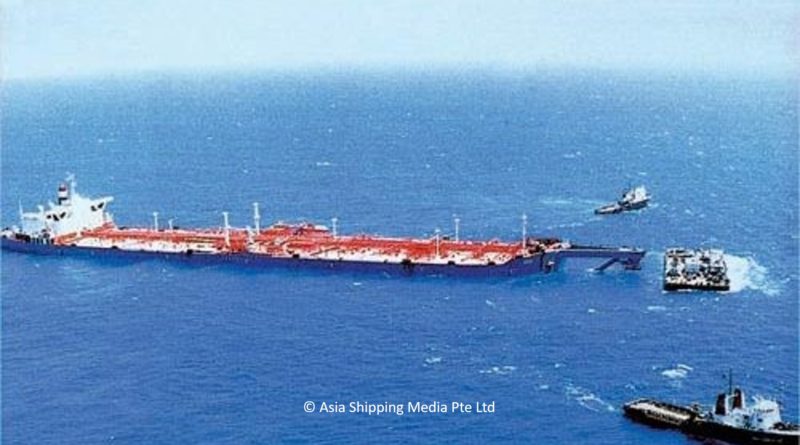The environmental time bomb off the coasts of Yemen
An old and abandoned tanker controlled by Houthi rebels in Yemen threatens to create a massive oil spill off the coasts of this poor country of the Arabic peninsula. The FSO Safer, the name of the ship, has been anchored close to the port of Hodeida (west) since 2015 and contains 1.1 million barrels of crude oil. The 45-year old ship is located only 60 km away from inhabited areas. Corrosion, as well as the accumulation of gas in its storage units, threaten the integrity of the vessel.
At war since 2014, the country is torn between governmental forces, backed by Saudi Arabia, and Houthi rebels, supported by Iran. The conflict has led the country to the worst humanitarian crisis in the world, according to the United Nations. The Houthis, who control most of the northern parts of the country, initially refused all access to the tanker to anyone but agreed last Tuesday (24.11.2020) to a UN-led mission to inspect the ship and do maintenance to contain the risk of leakage. Mohammed Ali al-Houthi, a senior official of the rebel forces, tweeted Wednesday (25.11.2020) evening that “an urgent maintenance agreement and a comprehensive evaluation of the Safer tanker was signed with the United Nations in order to avoid an environmental catastrophe”. The work on the vessel could start as soon as late January or early February if the necessary equipment can be quickly obtained.
A petrol leakage could affect Djibouti, Eritrea, and Saudi Arabia, as well the maritime traffic on the Red Sea. The effects would be devastating for marine ecosystems and would expose more than 8.4 million people, already weakened by war and famine, to high levels of pollutants. The harbour of Hodeida would also need to be closed for at least six months in order to clean the spillage. Greenpeace saluted the accord and stated that “every day that the Safer is left unattended brings us another day closer to a humanitarian and environmental catastrophe that will further deepen the current tragedy in Yemen, and cause untold damage to the land, sea, and air around the region”.
Reference
- Agence France Presse



![[1] More and more smoke](https://risk-info.org/wp-content/uploads/2021/01/page-de-garde-macedoine-390x205.jpg)
